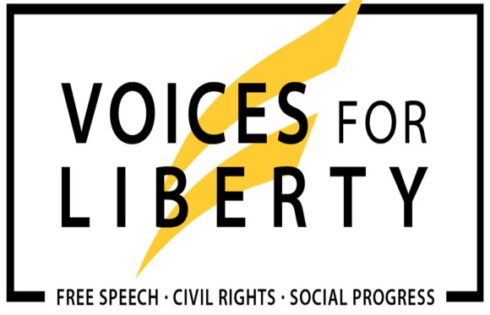Today’s New York Times opinion page featured a debate between various higher education experts on the validity of granting legacy admissions in American colleges. Among those taking the “against” position, Richard Kahlenberg of the Century Foundation wrote:
By rewarding birth rather than merit, legacy preferences are un-American, and yet they are also uniquely American, rarely found in other leading universities across the globe. In other walks of life, we would consider it absurd to add points to a candidate’s application based on lineage, and legacies in higher education may soon come to an end as well.
If the Supreme Court curtails the ability of universities to use racial affirmative action, as many expect, there will be new pressure to end preference for the offspring of alumni. Lawyers are already promising to challenge legacy preference in the courts as an unconstitutional relic of the past.
Other commentators defended legacy admissions:
Humans simply cannot be ranked by merit. Try ranking your friends. Best friend, perhaps an easy call. But as you get down to No. 47 and No. 48 — or, as admissions offices must, numbers 2,047 and 2,048 — which is more meritorious: the most thoughtful, the funniest, the best conversationalist, the most generous?
What admissions decisions can be is rational. State universities give preference to in-state children because their tax-paying parents support the institution. Alumni donations provided more than $7 billion to higher education in 2010 — more than one-quarter of total gifts. Rationally, should not children of these alumni also be given slight preference?




Please join the conversation about our stories on Facebook, Twitter, Instagram, Reddit, MeWe, Rumble, Gab, Minds and Gettr.